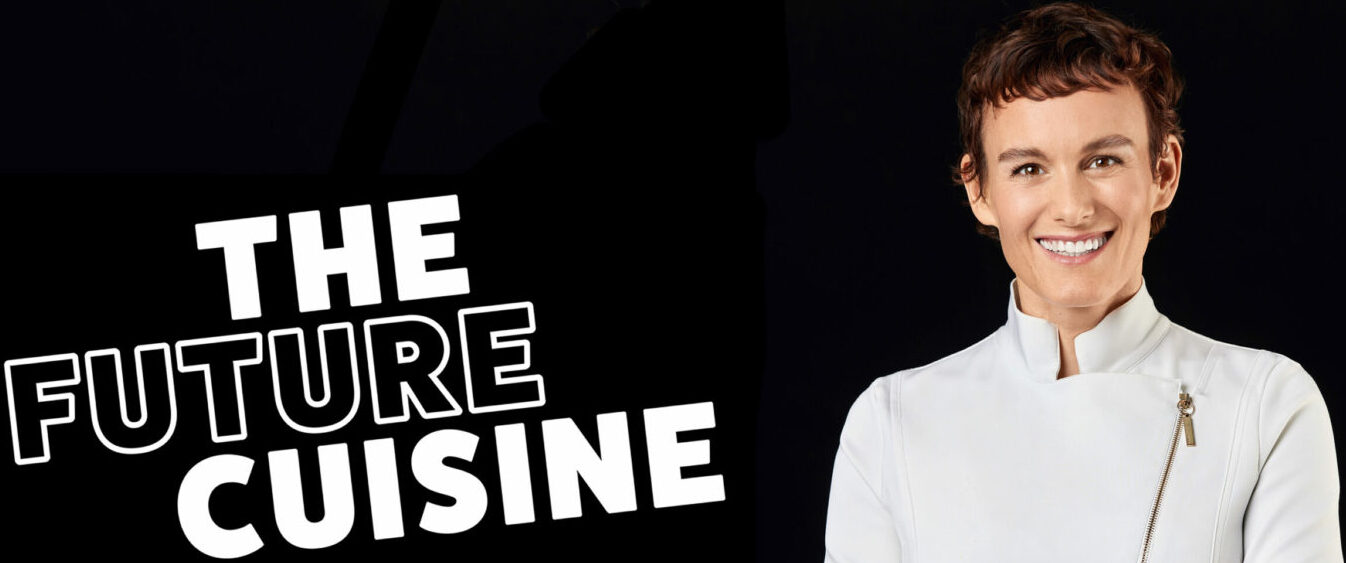My book tip of the month: Ethics of Food by Harald Lemke. Introduction to gastrosophy
(2nd edition – revised new edition)
How do we eat responsibly? Nutritional ethics is one of the latest developments in practical philosophy. In the face of the global food crisis, she asks the inevitable questions: How can humanity feed itself? How “well” should we eat so that everyone can enjoy good food? How can gastroethics be justified?
Far more than criticism of capitalism or the expansion of international protest movements, the food revolution is based on our thinking – on a gastrosophical rethink. Harald Lemke makes it clear that it is high time to lay the necessary foundations and start with a radical self-criticism of the Western philosophy of food.
New edition – with a detailed foreword on the question: “What do people eat?”
Excerpt from the interview with Lemke on SRF on July 14, 2015
Does this mean that we all have to become vegetarians or even vegans?
Harald Lemke: “I would say: live as much veganism as you can. It shouldn’t be a ‘thou shalt’. I advocate a gastrosophical hedonism. This consists of taking more time to eat again. This also means that we may all have to become part-time farmers. In my opinion, urban gardening is not a short-term trend. When I produce some of my own food, I have a completely different relationship with what I eat.”
But isn’t this all a little cynical in view of world hunger?
Harald Lemke: “This is directly related. Around 800 million people in the world still suffer from hunger. One step towards lifting them out of poverty would be to stop buying cheap products in our supermarkets. Because that means that these people continue to be poorly paid and still have too little money to eat. This is about fair trade. If we change our eating and consumer behavior, we can influence the big food companies.”
But how do you reach people with these messages?
Harald Lemke: “The big picture is that we are fundamentally devaluing food from an early age. Because food brings us close to animals. So we act as if food is secondary. But we don’t have food instincts like animals. So we have to use our brains to know how to eat properly. So we should all try to rediscover the great importance of food. Everyday. Anthropologically.”
Watch the full interview on SRF.
PDF Link to Ethics of “good food”: Gastrosophical plea for a sustainable food culture

